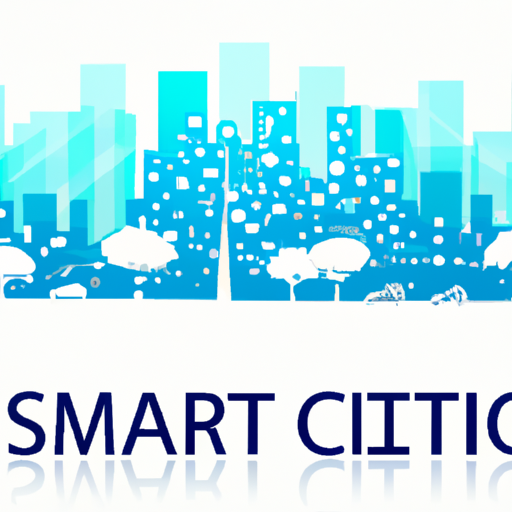As urban populations continue to grow, the need for innovative solutions to enhance living standards and improve city infrastructure is more critical than ever. Enter the concept of Smart Cities.
What is a Smart City?
A Smart City utilizes digital technology, primarily the Internet of Things (IoT), to enhance performance, reduce costs, and engage more effectively with its citizens. Integrating advanced systems in the urban environment enables cities to efficiently manage resources, optimize services, and make informed decisions.
Key Components of Smart Cities
- Connected Infrastructure: Smart infrastructure such as smart grids, smart lighting, and intelligent transportation systems improves efficiency and reduces waste.
- Sustainable Energy Solutions: Renewable energy sources and energy-efficient buildings contribute to environmental sustainability while reducing dependency on fossil fuels.
- Inefficient Waste Management: Smart waste management systems use IoT sensors to optimize garbage collection routes, reducing time and costs.
- Public Safety: Smart surveillance and emergency response systems ensure the safety and security of residents.
Benefits of Smart Cities
Smart Cities provide numerous benefits to both residents and city administrators:
- Enhanced Quality of Life: With better services and improved infrastructure, residents enjoy a higher quality of life.
- Increased Sustainability: The focus on sustainability creates environmentally friendly urban spaces.
- Cost Efficiency: Smart technology helps reduce operational costs for city services through optimized resource management.
- Citizen Engagement: Smart Cities leverage technology to foster communication between the city and its citizens, promoting greater participation in local governance.
Examples of Smart Cities Around the World
Cities like Barcelona, Singapore, and Amsterdam are at the forefront of the Smart City movement. These cities have implemented various technologies, from smart traffic lights to comprehensive waste management systems, setting a benchmark for others to follow.
The Future of Smart Cities
The future of urban living lies in the integration of technology and sustainability. As cities continue to evolve, the concept of Smart Cities will become more prevalent, leading to urban environments that are not only livable but also enhanced by the intelligence of technology.
In conclusion, the rise of Smart Cities represents a new frontier in urban living. By embracing technology, we can create sustainable solutions that meet the needs of growing populations while ensuring a high quality of life for future generations.
Are you ready to experience life in a Smart City?




